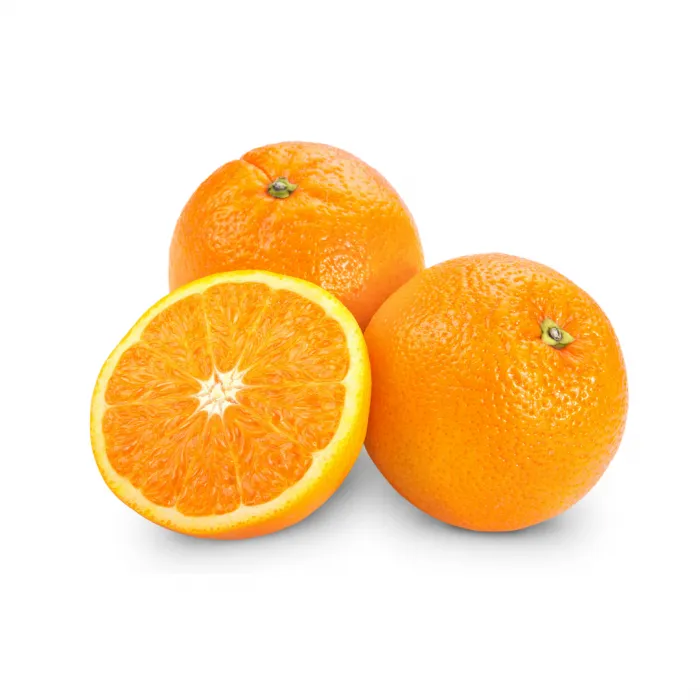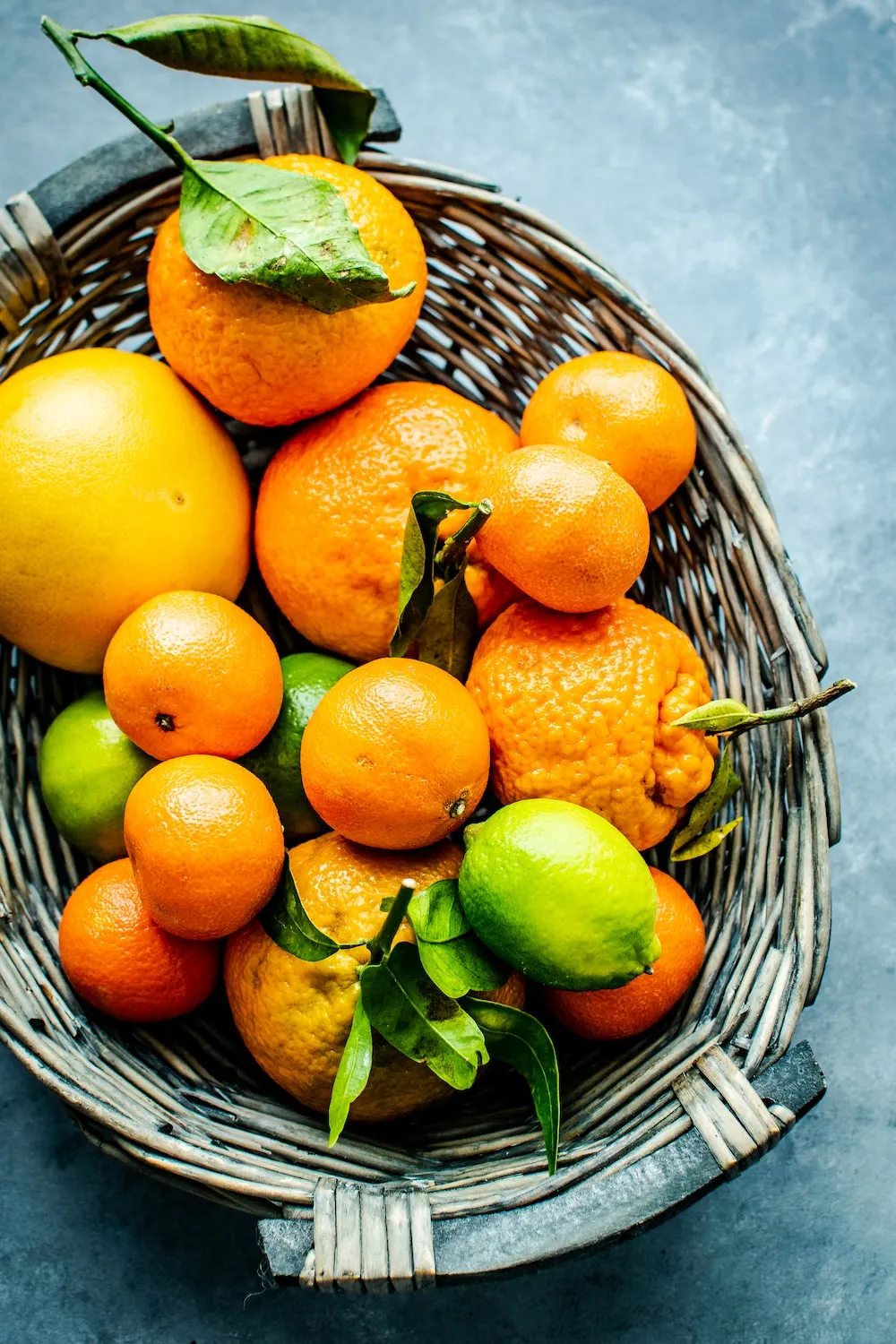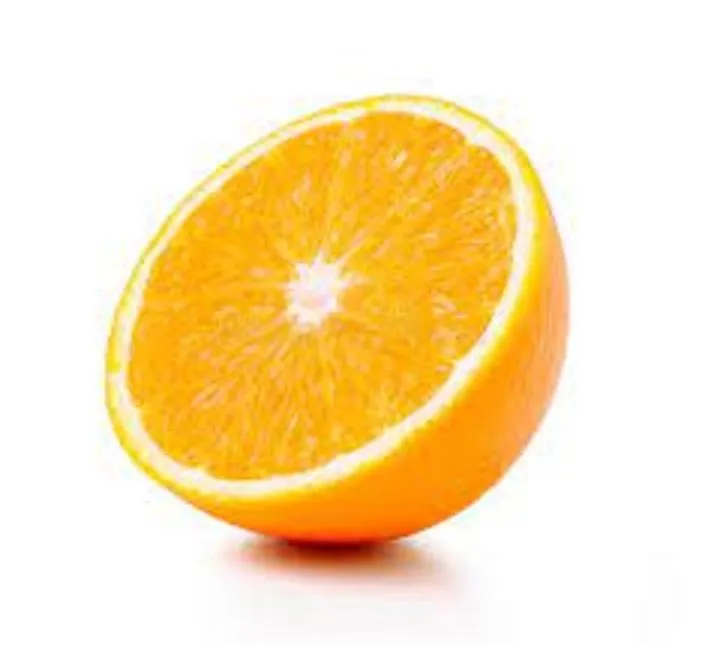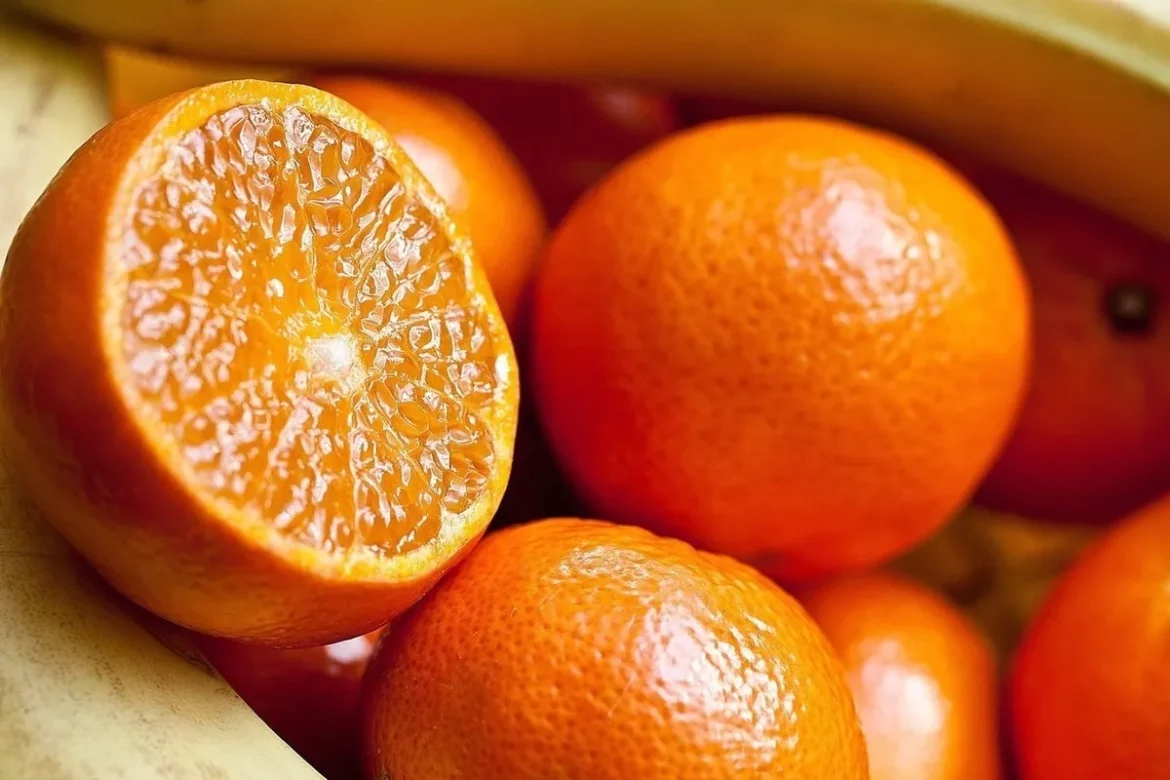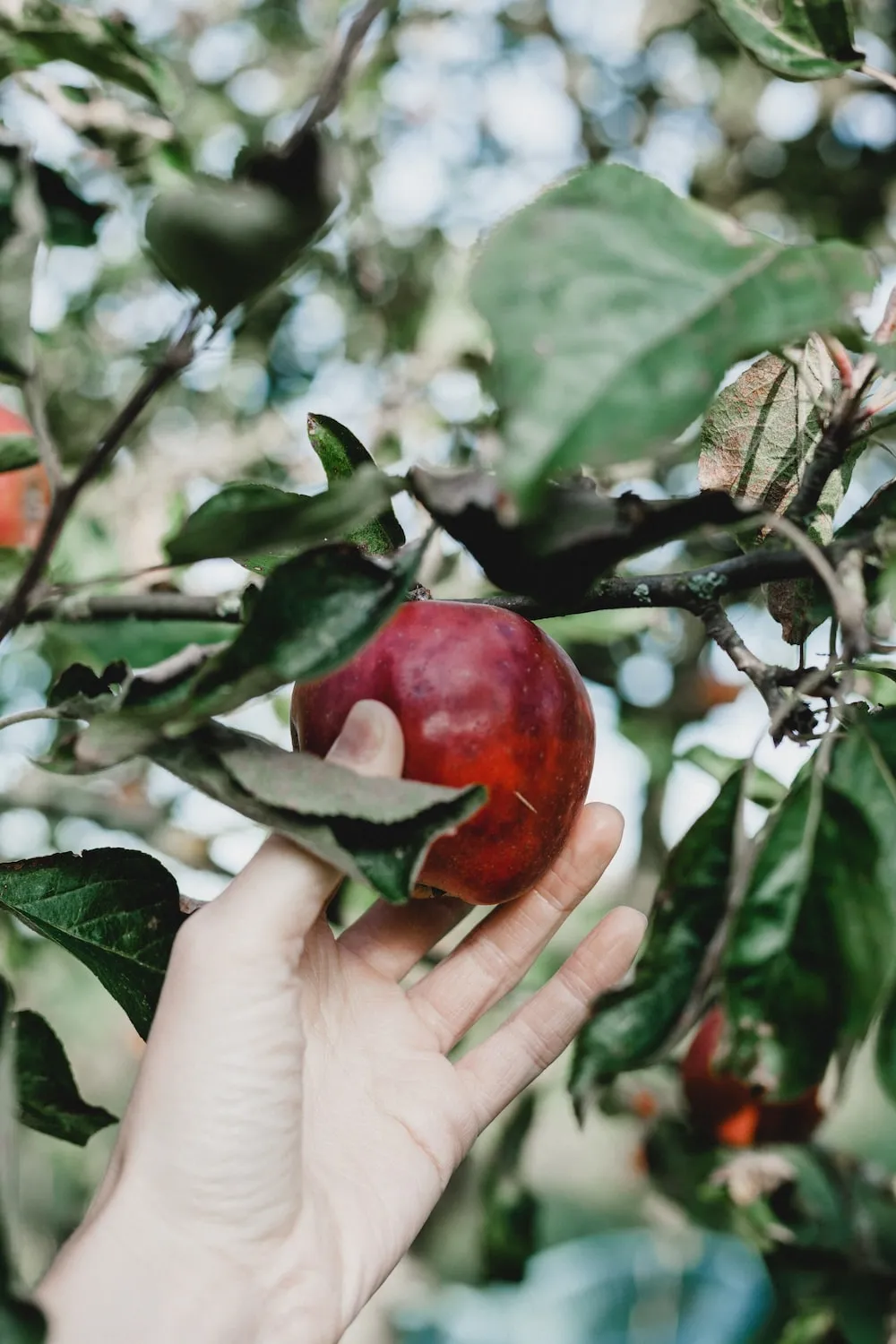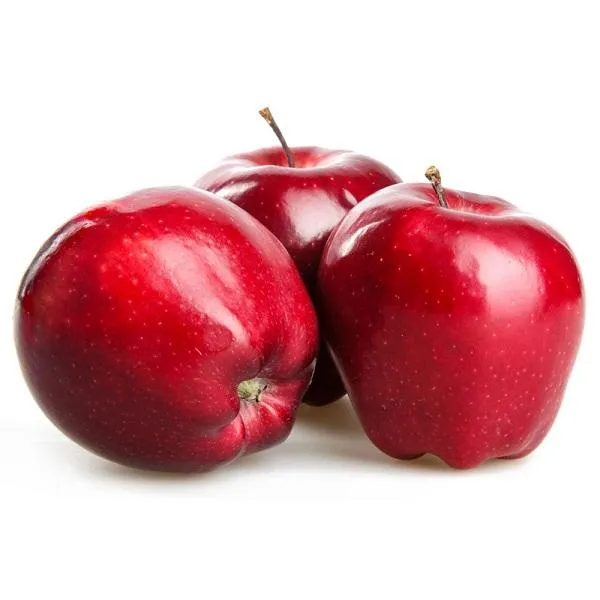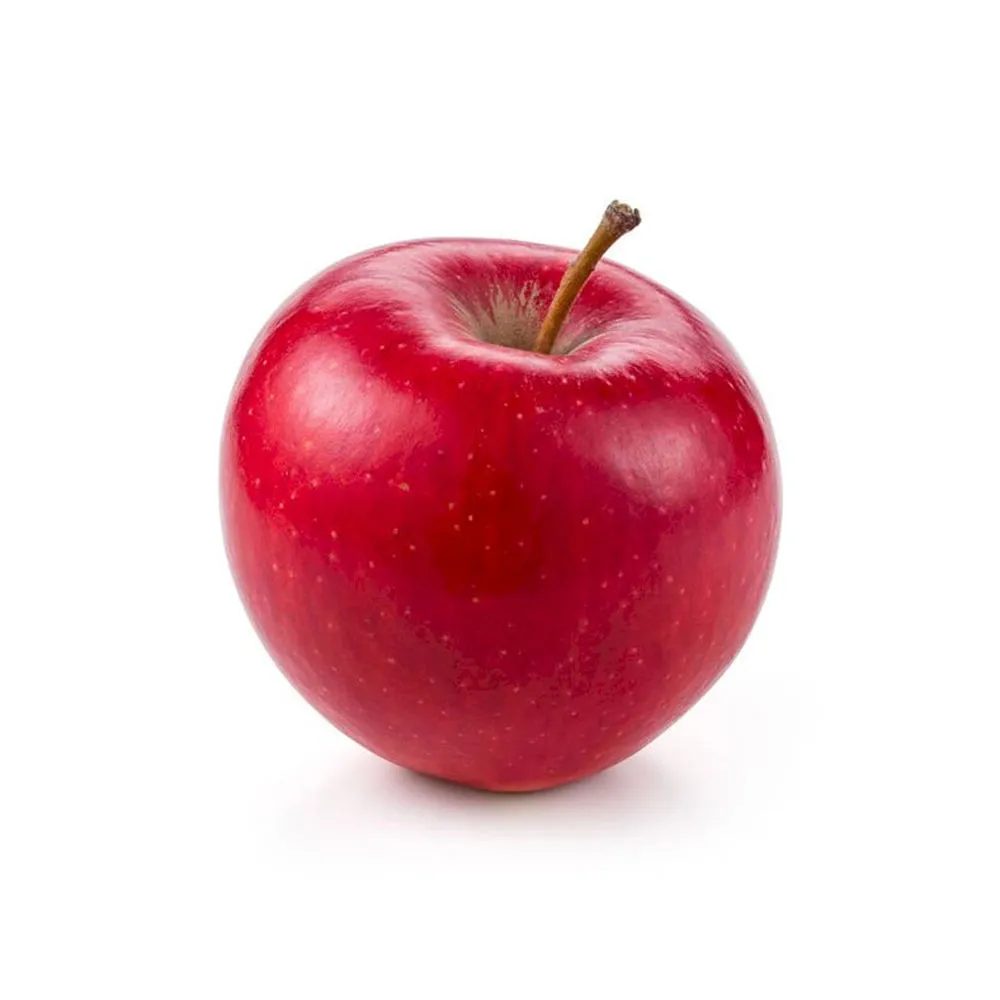Kiwi fruit, also known as Chinese gooseberries, are small, brown fruits with a vibrant green flesh and tiny black seeds. Originally grown in China, these exotic fruits are now cultivated in various parts of the world. With their distinctive tangy flavor and impressive health benefits, kiwi fruit has gained popularity among health-conscious individuals and businesses alike. In this article, we will discuss the highest quality of kiwi fruit, its advantages, and disadvantages.
Kiwi fruit, scientifically known as Actinidia deliciosa, belongs to the family of berries. It is loaded with essential nutrients such as vitamins C, E, and K, folate, potassium, and dietary fiber. The high vitamin C content in kiwi fruit makes it a great addition to support a strong immune system and fight off infections. Additionally, it contains powerful antioxidants that help protect our cells from oxidative damage.
Furthermore, kiwi fruit is low in calories and fat, making it an excellent choice for health-conscious individuals and those looking to maintain a healthy weight. It also contains a natural enzyme called actinidain that aids in the digestion of proteins, making it a digestive-friendly fruit.
The highest quality of kiwi fruit:
To ensure the highest quality of kiwi fruit, several factors need to be taken into consideration. Firstly, the location and climate play a vital role in growing high-quality kiwi. They thrive in regions with a mild climate and adequate rainfall. New Zealand, Italy, and California are renowned for their excellent kiwi fruit production.
Secondly, the time of harvest matters. Kiwi fruit should be harvested when they are fully ripe but not overripe. Overripe kiwis tend to lose their flavor and nutritional value. Farmers and cultivators carefully monitor the maturity level of the fruit, ensuring they are picked at the optimum time.
Thirdly, transportation and storage conditions influence the quality of kiwi fruit. Kiwis are delicate and susceptible to bruising, so they need to be handled with care during transportation to prevent damage. They should also be stored at the optimal temperature and humidity to maintain their freshness and prevent spoilage.
Advantages of kiwi fruit:
1. Rich in nutrients: Kiwi fruit is a nutrient powerhouse, providing a wide range of essential vitamins, minerals, and dietary fiber. It is especially rich in vitamin C, which has numerous health benefits, including boosting the immune system, promoting collagen formation, and protecting against cardiovascular diseases.
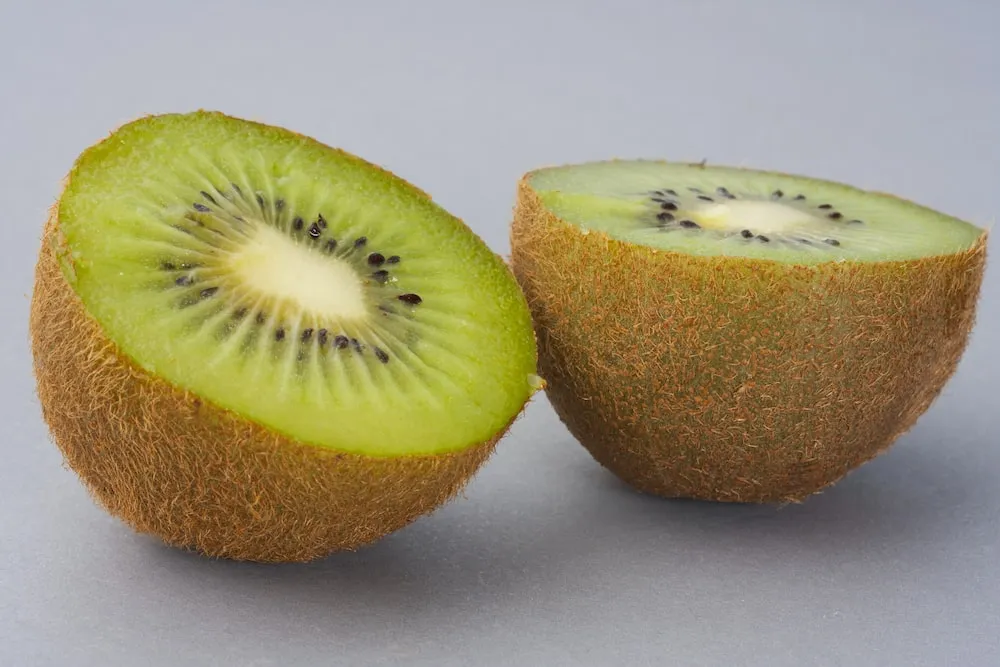
2. Antioxidant properties: Kiwi fruit contains a variety of antioxidants that help neutralize harmful free radicals in the body, reducing the risk of chronic diseases such as cancer and heart disease.
3. Digestive health: The natural enzyme actinidain found in kiwis aids in the breakdown of proteins, thus improving digestion. Additionally, the high fiber content supports regular bowel movements and prevents constipation.
4. Heart-healthy: Kiwi fruit is low in saturated fat and cholesterol while being high in potassium, which helps maintain healthy blood pressure levels. Moreover, it contains omega-3 fatty acids, which are beneficial for heart health.
5. Skin health: The abundance of vitamin C and other antioxidants in kiwi fruit promotes collagen production, which helps maintain healthy and youthful-looking skin. It also protects against skin damage caused by environmental factors.
Disadvantages of kiwi fruit:
While kiwi fruit offers a multitude of health benefits, it may not be suitable for everyone. Some individuals may experience allergic reactions to kiwi fruit, which can range from mild symptoms such as skin rashes and itching to more severe conditions like difficulty breathing or anaphylaxis. People with a known allergy to latex or other fruits such as bananas or avocados are more likely to be allergic to kiwi fruit.
Moreover, kiwi fruit contains a high amount of oxalates, which can contribute to the formation of kidney stones in susceptible individuals. Therefore, individuals with a history of kidney stones or those advised to restrict oxalate intake should consume kiwi fruit in moderation or consult with their healthcare provider before including it in their diet.
Conclusion:
Kiwi fruit, with its remarkable nutritional profile and unique flavor, is a valuable addition to a healthy diet. Not only does it provide essential vitamins and minerals, but it also offers various health advantages such as immune support, digestive health, and heart protection. However, individuals with allergies or certain medical conditions should exercise caution and seek professional advice. By embracing the advantages of kiwi fruit, you can enhance your overall health and well-being, benefiting both your personal and business life.Title: Kiwi Fruit: A Nutrient-Rich Superfood for Your Business and Health
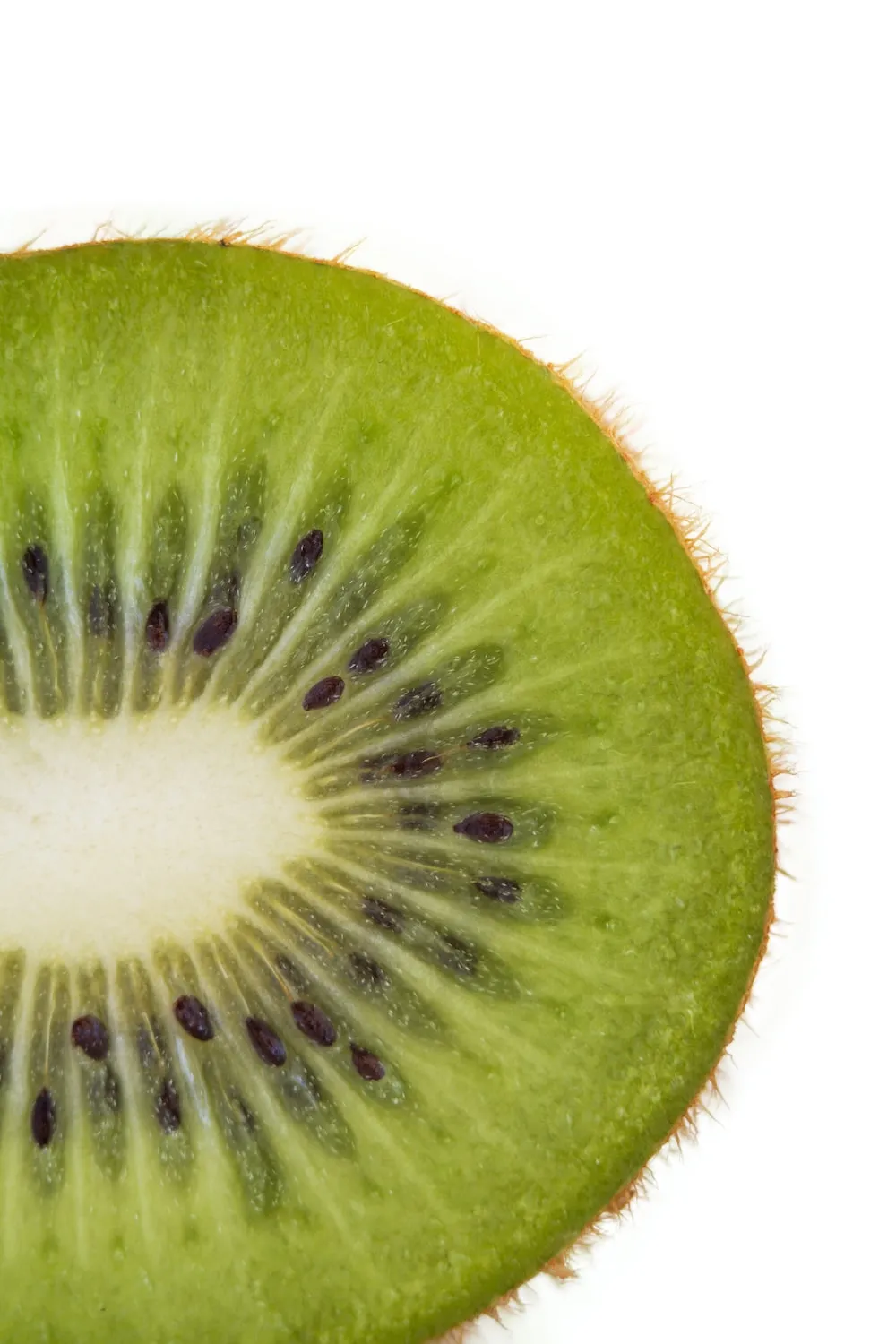
Introduction:
Kiwi fruit, also known as Chinese gooseberries, are small, brown fruits with a vibrant green flesh and tiny black seeds. Originally grown in China, these exotic fruits are now cultivated in various parts of the world. With their distinctive tangy flavor and impressive health benefits, kiwi fruit has gained popularity among health-conscious individuals and businesses alike. In this article, we will discuss the highest quality of kiwi fruit, its advantages, and disadvantages.
Discuss kiwi fruit:
Kiwi fruit, scientifically known as Actinidia deliciosa, belongs to the family of berries. It is loaded with essential nutrients such as vitamins C, E, and K, folate, potassium, and dietary fiber. The high vitamin C content in kiwi fruit makes it a great addition to support a strong immune system and fight off infections. Additionally, it contains powerful antioxidants that help protect our cells from oxidative damage.
Furthermore, kiwi fruit is low in calories and fat, making it an excellent choice for health-conscious individuals and those looking to maintain a healthy weight. It also contains a natural enzyme called actinidain that aids in the digestion of proteins, making it a digestive-friendly fruit.
The highest quality of kiwi fruit:
To ensure the highest quality of kiwi fruit, several factors need to be taken into consideration. Firstly, the location and climate play a vital role in growing high-quality kiwi. They thrive in regions with a mild climate and adequate rainfall. New Zealand, Italy, and California are renowned for their excellent kiwi fruit production.
Secondly, the time of harvest matters. Kiwi fruit should be harvested when they are fully ripe but not overripe. Overripe kiwis tend to lose their flavor and nutritional value. Farmers and cultivators carefully monitor the maturity level of the fruit, ensuring they are picked at the optimum time.
Thirdly, transportation and storage conditions influence the quality of kiwi fruit. Kiwis are delicate and susceptible to bruising, so they need to be handled with care during transportation to prevent damage. They should also be stored at the optimal temperature and humidity to maintain their freshness and prevent spoilage.
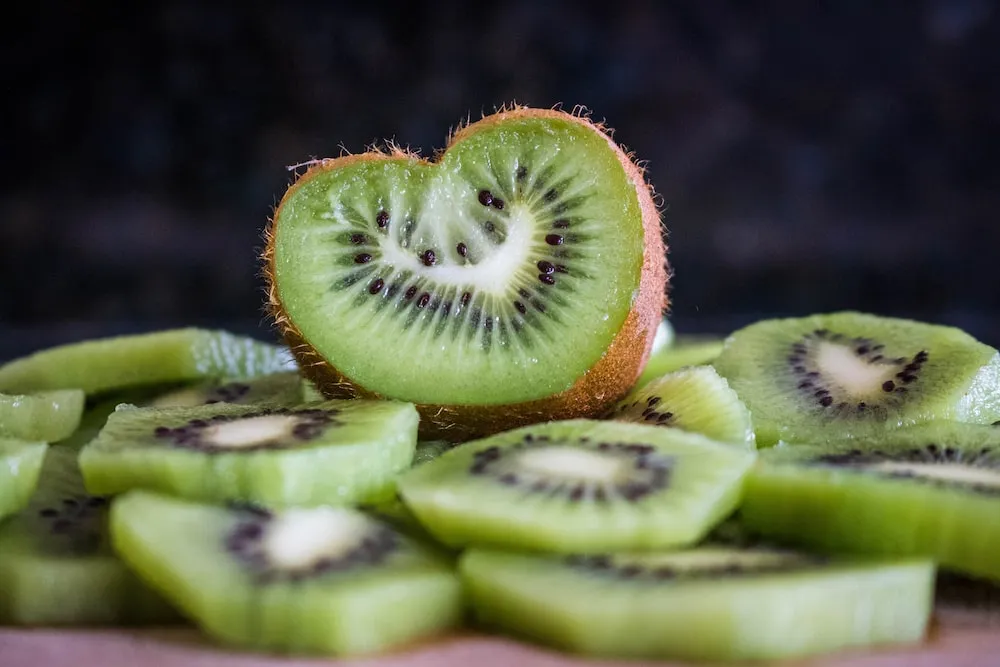
Advantages of kiwi fruit:
1. Rich in nutrients: Kiwi fruit is a nutrient powerhouse, providing a wide range of essential vitamins, minerals, and dietary fiber. It is especially rich in vitamin C, which has numerous health benefits, including boosting the immune system, promoting collagen formation, and protecting against cardiovascular diseases.
2. Antioxidant properties: Kiwi fruit contains a variety of antioxidants that help neutralize harmful free radicals in the body, reducing the risk of chronic diseases such as cancer and heart disease.
3. Digestive health: The natural enzyme actinidain found in kiwi aids in the breakdown of proteins, thus improving digestion. Additionally, the high fiber content supports regular bowel movements and prevents constipation.
4. Heart-healthy: Kiwi fruit is low in saturated fat and cholesterol while being high in potassium, which helps maintain healthy blood pressure levels. Moreover, it contains omega-3 fatty acids, which are beneficial for heart health.
5. Skin health: The abundance of vitamin C and other antioxidants in kiwi fruit promotes collagen production, which helps maintain healthy and youthful-looking skin. It also protects against skin damage caused by environmental factors.
Disadvantages of kiwi fruit:
While kiwi fruit offers a multitude of health benefits, it may not be suitable for everyone. Some individuals may experience allergic reactions to kiwi fruit, which can range from mild symptoms such as skin rashes and itching to more severe conditions like difficulty breathing or anaphylaxis. People with a known allergy to latex or other fruits such as bananas or avocados are more likely to be allergic to kiwi fruit.
Moreover, kiwi fruit contains a high amount of oxalates, which can contribute to the formation of kidney stones in susceptible individuals. Therefore, individuals with a history of kidney stones or those advised to restrict oxalate intake should consume kiwi fruit in moderation or consult with their healthcare provider before including it in their diet.
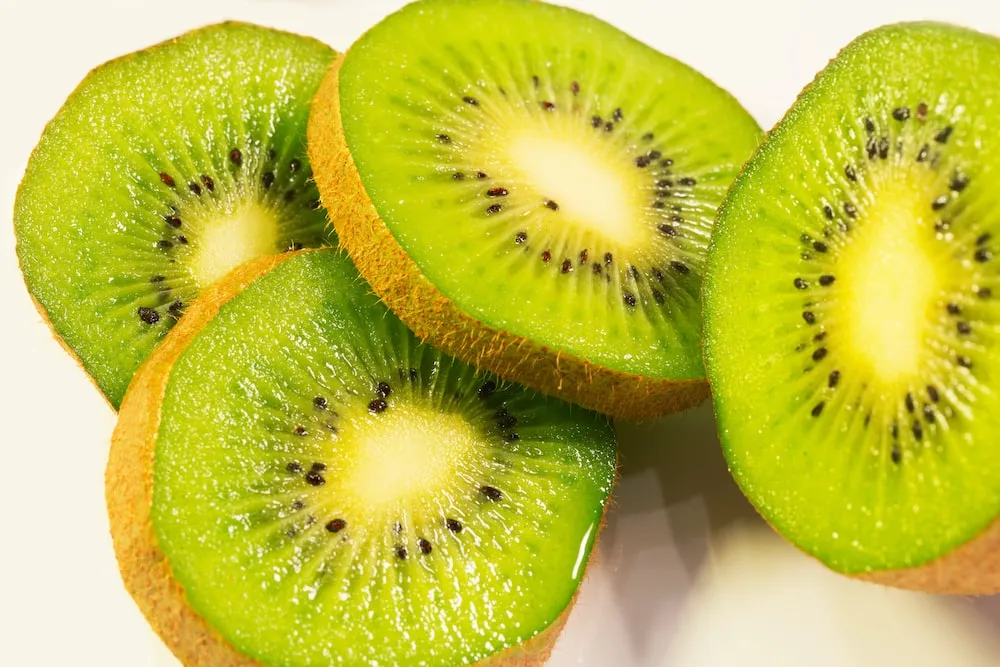
Conclusion:
Kiwi fruit, with its remarkable nutritional profile and unique flavor, is a valuable addition to a healthy diet. Not only does it provide essential vitamins and minerals, but it also offers various health advantages such as immune support, digestive health, and heart protection. However, individuals with allergies or certain medical conditions should exercise caution and seek professional advice. By embracing the advantages of kiwi fruit, you can enhance your overall health and well-being, benefiting both your personal and business life.
Incorporating kiwi fruit into your business offerings, such as smoothies, salads, or desserts, can also be a smart move to attract health-conscious customers. With its vibrant and appealing appearance, kiwi fruit can add a touch of freshness and uniqueness to your menu. So, consider including this nutrient-rich superfood in your business strategy, and reap the benefits it brings to your customers and bottom line.

